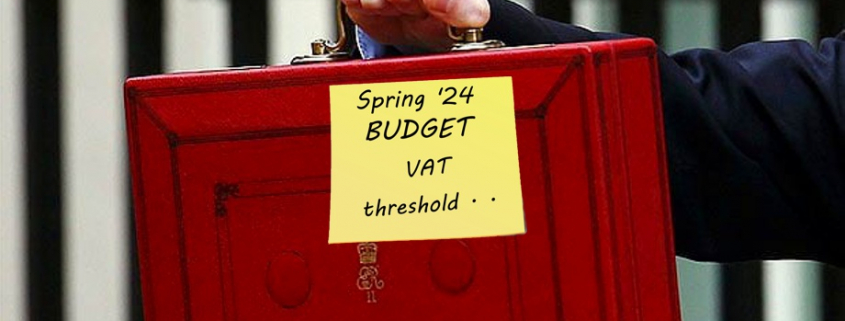Easing the burden of VAT
In a welcome development, chancellor Jeremy Hunt lifted the VAT threshold for small businesses in his Budget statement.
He announced that it would be increased from £85,000 to £90,000 from the beginning of April.
It will be the first increase in seven years and the chancellor said the move would lift tens of thousands of businesses out of paying VAT.
Announcing the move, Mr Hunt said it would help businesses to grow and add that there was a need to “reward smaller businesses who make a big impact on our society and employ millions of people.”
According to government officials the increase will take about 28,000 small businesses out of paying VAT altogether.
The Treasury said: “The government recognises that VAT can be a burden for some small businesses.”
The Federation of Small Businesses (FSB) had called for the threshold to be raised to £100,000, describing the £85,000 figure as “a straightjacket to firms eager to expand.”
In another of his announcements to help small businesses, Mr Hunt said £200m would be spent to extend the Recovery Loan Scheme.
The VAT threshold increase and the cuts to self-employed NICs delivered by the chancellor were welcomed by the FSB, though it warned that firms still faced serious challenges.
The organisation’s policy chair Tina McKenzie said: “We welcome the increase in the VAT threshold as well as the cut to self-employed National Insurance Contributions (NICs).
“Elsewhere, we were pleased to see a package of small business support in the Budget documents, including commitments to make progress on the HMRC administrative burden and on the national roll-out of the Business Energy Advice Service, as well as extending the Recovery Loan Scheme under a new name – the Growth Guarantee Scheme.
“Small firms are crucial for economic growth, and we were glad the chancellor has said that clearly from the despatch box.
“That said, many of those running businesses face serious challenges – not least through rapid hikes in labour and input costs – and many will have understandably hoped that there would be more measures announced that would help ease the tough decisions small employers are having to make day-in day-out to keep their businesses going.
“There’s still a real gap when it comes to the crunch small firms are facing – and the growth, jobs and economic security small businesses provide is not something the country can afford to risk.
“While keeping the £5,000 Employment Allowance for the 10th year in a row is invaluable, it should have been uprated to keep pace with the National Living Wage – especially if employer tax thresholds remain frozen. Government must not be over-confident on jobs and hours in this economic environment.”
• To discuss any issues raised in this article please contact me on 01772 430000




